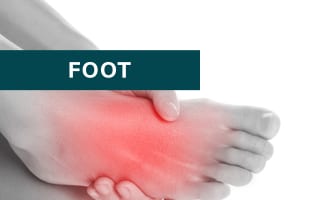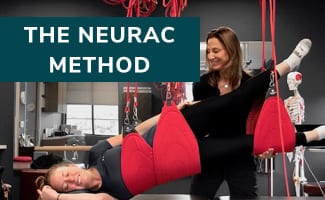Epidural Steroid Injections
Decrease Inflammation and Nerve Compression
What Is ESI?
Epidural Steroid Injection (ESI) is an injection of corticosteroids and anesthetic solutions into the epidural space of the spine to treat irritated or compressed nerves often associated with disc herniation or spinal stenosis.
The Science
Epidural steroid injections have been used for over 40 years to help patients recover from inflammation due to disk herniation and nerve compression. Chemical irritation from the gel in the nucleus of the disk can leak through the disk tear affecting the nerve root, causing swelling and pain. The epidural steroid injection will help to reduce the inflammation, reduce the swelling, and decongest the region around the nerve. Many patients can avoid spine surgery for disk herniation and radiculopathy if epidural steroid injections are performed expediently and accurately using fluoroscopic guidance, and combined with physical therapy. Two to four epidural injections are often needed, usually about 3-6 weeks apart. The nerve will usually return to its normal function over a period of months. The pressure and size from the disk herniation will also decrease most of the time, and the nerve and disk return to a more normal state.
PATIENT RESOURCES
Epidural Information Sheet
Epidural Aftercare guidelines
FAQ'S
Neck and back pain from disk herniations and stenosis tend to respond well to epidural injection, especially if there is arm or leg pain, numbness or tingling. The injection may also help reduce pain from nerve irritation and from scar formation after surgery.
The patient is placed on a procedure table under a video X-Ray (Fluoroscopy) machine. The skin is sterilized and local anesthetic may be injected to numb the area. A needle is then advanced to reach the epidural space. Contrast solution is used to confirm proper placement. The treatment mixture containing anesthetic, steroid, and other solutions as needed is then injected. Usually, the procedure takes about 10-20 minutes. The patient is monitored for 30-60 minutes and then may go home. We do not recommend that patients drive themselves home after the injection.
In our clinical experience, many patients can avoid spine surgery for disk herniation and radiculopathy (nerve irritation) if epidural steroid injections are performed expediently and accurately, and are combined with comprehensive physical therapy.
Studies published over 40 years have reported variable results, depending on whether guidance from fluoroscopy was used, what injection technique was used, and whether specific targets are addressed.
Surgery may still be needed, but our clinical experience has been very favorable in helping many patients with these conditions avoid surgery. Please discuss your options with your CHARM practitioner. We will work closely as needed with your spine surgeon to try to provide the highest quality outcome with the least possible risk.
Blood thinners, such as Coumadin, Aspirin, Plavix, anti-inflammatory medication (Advil, Aleve, etc.) and other medications may increase your risk of bleeding associated with this procedure. It is important to contact our office as soon as possible prior to the procedure. Our trained medical staff will discuss whether or not you need to discontinue these medications prior to the procedure and give you further instructions. These medications may be resumed the day of the procedure, after the injection is completed.

































